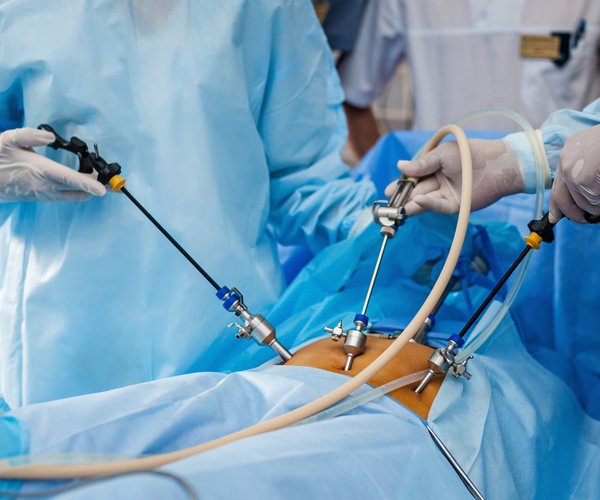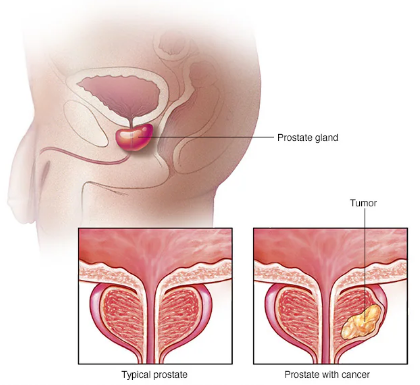Potential Risks And Complications Associated With Laser Prostate Surgery
Laser prostate surgery has emerged as a revolutionary technique for treating various prostate conditions, offering less invasive options compared to traditional surgical methods. While laser surgery for prostate issues boasts several advantages, it’s essential to acknowledge that, like any medical procedure, it carries potential risks and complications. Understanding these risks is crucial for patients considering this treatment option and for healthcare providers involved in their care.
To Know More About It Please Click Here
Bleeding
While laser prostate surgery is generally associated with less bleeding than traditional surgical methods, bleeding can still occur, particularly in patients with certain medical conditions or those taking blood-thinning medications. Excessive bleeding may necessitate additional interventions to control it, potentially prolonging recovery time.
Urinary Tract Infections (UTIs)
After laser prostate surgery, patients may be at an increased risk of developing urinary tract infections. This risk is primarily associated with the introduction of instruments into the urinary tract during the procedure, as well as temporary changes in urinary function during the recovery period. UTIs can usually be treated with antibiotics, but they can cause discomfort and may require medical attention if severe.
Urinary Incontinence
Although rare, urinary incontinence—difficulty controlling urine flow—can occur following laser prostate surgery. This complication is more common in patients who undergo more extensive procedures or those with pre-existing urinary issues. In most cases, urinary incontinence improves over time as the body adjusts to changes in the urinary tract anatomy.
Erectile Dysfunction
For some patients, laser prostate surgery can lead to erectile dysfunction, the inability to achieve or maintain an erection sufficient for sexual activity. This complication is more common in procedures that involve the removal of prostate tissue near nerves responsible for erectile function. However, advancements in surgical techniques aim to minimize this risk, and many patients experience improvement over time.
Stricture Formation
In some cases, laser prostate surgery can lead to the formation of strictures—narrowing or scarring of the urethra. This complication may result in difficulty urinating and may require additional procedures to correct. Regular follow-up with a healthcare provider is essential to monitor for any signs of stricture formation and intervene promptly if necessary.
Retrograde Ejaculation
Laser prostate surgery can sometimes disrupt the normal anatomy of the prostate and surrounding structures, leading to retrograde ejaculation. This condition occurs when semen enters the bladder instead of being expelled through the urethra during ejaculation. While retrograde ejaculation does not typically cause physical harm, it can affect fertility and sexual satisfaction.
Transient Irritative Symptoms
Following laser prostate surgery, some patients may experience transient irritative symptoms such as urinary urgency, frequency, or discomfort during urination. These symptoms typically resolve within a few weeks as the body heals, but medications or other interventions may be recommended to alleviate discomfort in the meantime.
Persistent or Recurrent Symptoms
In some cases, laser prostate surgery may not fully alleviate the symptoms of the underlying prostate condition or may lead to the recurrence of symptoms over time. This can occur due to various factors, including incomplete removal of prostate tissue or the progression of underlying prostate disease. Additional treatments or procedures may be necessary to address persistent or recurrent symptoms effectively.
conclusion
while laser prostate surgery offers many benefits, including reduced risk of complications and faster recovery compared to traditional surgical methods, it is not without its risks. Patients considering this treatment option should discuss potential risks and benefits with their healthcare provider to make an informed decision. Additionally, close monitoring during the postoperative period and regular follow-up care are essential to detect and manage any complications promptly. With careful consideration and appropriate management, laser prostate surgery can be a safe and effective treatment option for many patients with prostate conditions.
Also, Follow us on Instagram







